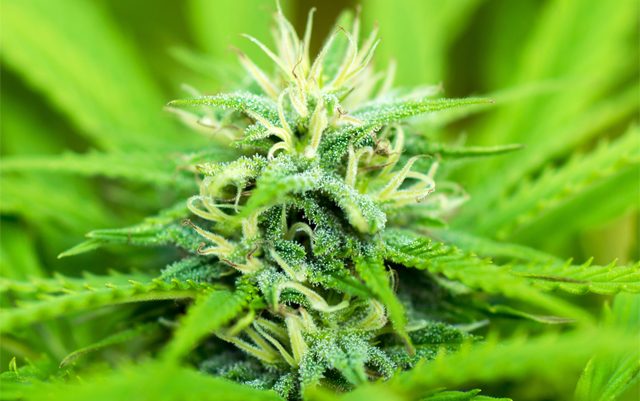The National Institute on Drug Abuse (NIDA) has awarded two professors from the University of Colorado Boulder $5.5 million to study possible behavioral changes since recreational legalization. Professor John Hewitt, a behavioral geneticist, and psychiatry professor Christian Hopfer MD will be leading the study, which the university says will be the first of this sort in the nation.
The study will look at more than 1,000 sets of twins ages 23-29, from both Colorado and neighboring Minnesota. Those from Minnesota will act as the control group, compared to those from Colorado, where cannabis has been legal for recreational use for more than three years already. Some of the twins participating were a part of previous research, but all subjects will be recruited starting in January.
The study will primarily be looking at self-reported cannabis use, and behavior and mood changes – with the goal of finding out if cannabis use increased, and whether they have turned to alcohol or other substances more or less frequently after legalization. It will also monitor changes in cannabis users’ moods, employment status, family functioning, and educational completion.
“It’s probably not a lot different than you would have seen when you moved from prohibition to alcohol becoming available again,” Hewitt says. “You would expect that for many people it would be a neutral thing [legalization wouldn’t impact their behavior], for others, there’d be some benefit [to legalization] and for others, there’d be some adverse consequences.”
They will also be trying to determine if there is a correlation between genetic make-up and cannabis-related behavior. Researchers will be looking at both identical and fraternal twins – and if they find that identical twins have more similar responses to cannabis than fraternal, then it could suggest that the way cannabis impacts our lives is partially predetermined by our genetics.
“NIDA has a history of funding studies that are intended to support their preconceptions about whether something is dangerous or not,” says Allen Shackelford.
While many are excited to see this one-of-a-kind study preparing to take place, others are skeptical because of where the funding is coming from. However, Hewitt says that their research has no bias or agenda – they are only interested in the facts. He even points out that the study is designed to show correlation, but not causation, and that the chances of negative findings seem unlikely.
“What we often find in the kinds of studies we do is that actually both the twin who uses the substance and the one who doesn’t are equally likely to show the apparent consequence [of behavior or mood changes],” Hewitt says. “…we are probably in a better position to shoot down a causal relationship than we are to establish one.”
This study is going to be an important one for anyone who is working in the cannabis industry or who supports the legalization movement. It could very well end up further proving that the benefits of legalization far outweigh any suspected risks – and maybe dispel a few of the fears some still have about legalization. The study will be conducted over the next five years – but Hewitt and Hopfer hope to be publishing preliminary findings within a year or two.






